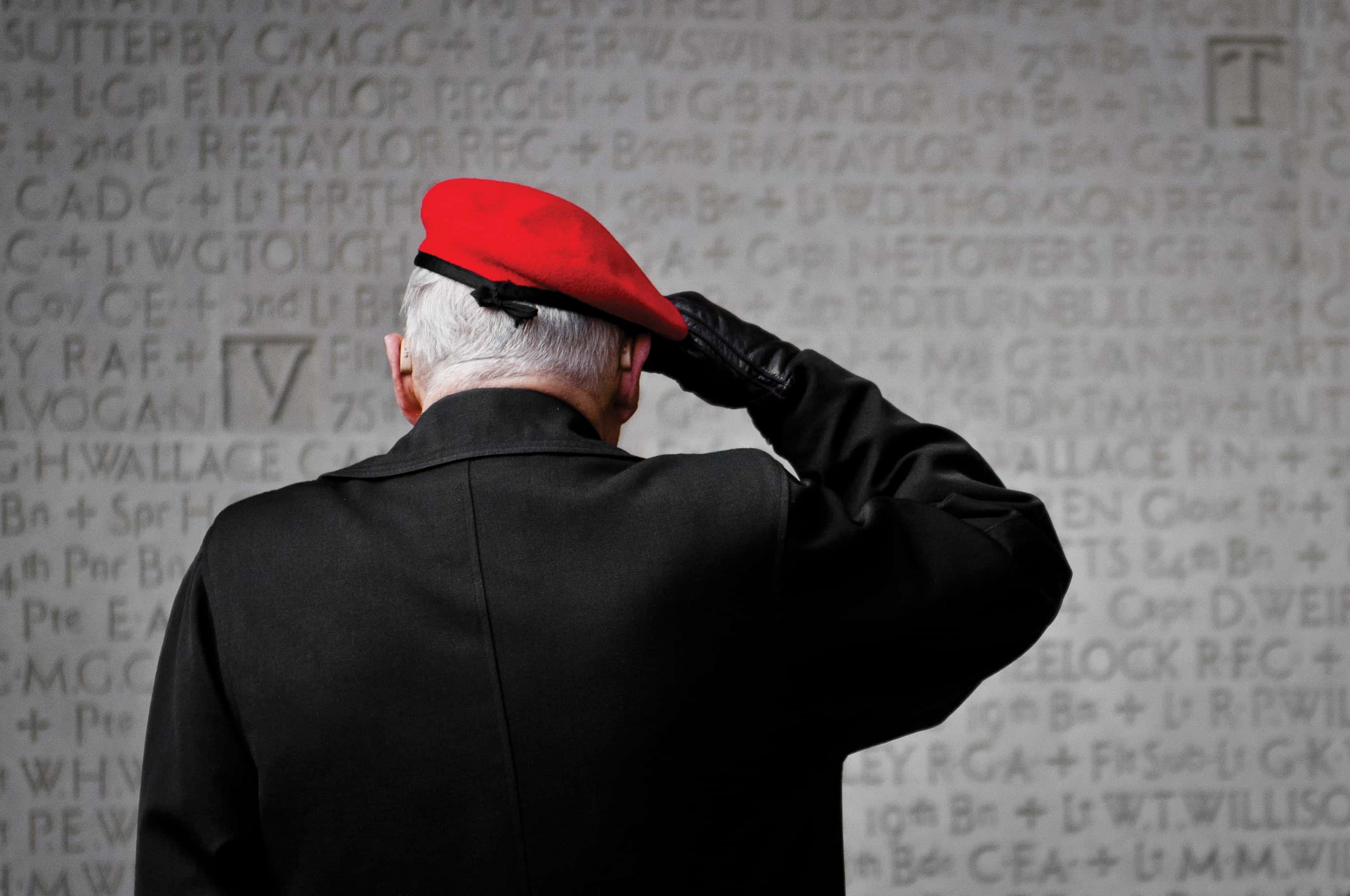Last Sunday’s Remembrance Day marked the centenary of the end of the Great War. As we remember past sacrifices, we must also reflect on the present and future of conflict. After all, despite the grave lessons of the twentieth century, including the vow to never again witness another Holocaust, we continue to come up short.
Central to this reflection is to understand what military service means, and how it can be used as a force that brings about a better, more peaceful world.
Some time after high school, I enlisted in the Canadian Armed Forces (CAF). I did so because I’m indebted with gratitude to those who serve and protect humanity. Having been born in Yugoslavia — a country that no longer exists — I know the horrors of war and felt a duty to prevent it from happening again.
Yugoslavia was born — and died — in a context of ethnocentric nationalism, one which has left me strongly apprehensive toward politics of fear and hatred. What also compelled my regrettably brief service of just over four years is the CAF’s ethos: fighting spirit, discipline, and teamwork.
But above all, I am inspired by its principle of unlimited liability, which means that those who serve agree that they can be, lawfully, ordered into harm’s way. How remarkable that, nonetheless, so many have and continue to enlist and serve voluntarily. It is the greatest commitment that any society can ask for. And if the global community still values its vow to prevent genocides, it is also a necessary commitment.
Unfortunately, this vow is undermined by a pervasive indifference and self-interest in the leadership of the global community. They have fallen short of full dedication to peace and human rights.
Whereas the Great War at the beginning of the twentieth century resulted from a failure to respect sovereignty, the genocides of the mid- and late-twentieth century came, paradoxically, from a respect for sovereignty. We shouldn’t repeat this in the twenty-first century. Today, we need a global community, via the United Nations (UN), that fully commits to a military force that protects human beings.
Canadian General Romeo Dallaire, who headed the UN mission in Rwanda, was unable to convince an indifferent global community to intervene and prevent genocide, despite his best efforts. He correctly suggested that in order for the UN to be effective, it has to weigh human rights over sovereignty.
According to U of T professor Randall Hansen, international diplomacy should be driven by Canada’s self-interests, not morality. But so long as this happens, the legacy of the sacrifices of the last 100 years, which sought to create a more peaceful, inclusive world, will be jeopardized.
These sacrifices are intimately tied to our campus. More than 6,000 U of T students, faculty, and staff served in the two world wars. They travelled great distances to help people they didn’t know. All risked their lives: 1,185 lost them.
Canada shouldn’t now turn its back on these sacrifices by, for instance, arming oppressive regimes for billion-dollar contracts. If our history of sacrifice is to mean anything, it is that our humanity is not for sale. If you don’t serve humanity, you’re neither fit to serve nor govern.
I encourage U of T students to visit the Soldiers’ Tower, located by Hart House. It’s a memorial honouring U of T students, alumni, faculty, and staff who had served. Those who made the ultimate sacrifice on our behalf also have their names carved on the Memorial Screen and engraved into the walls of the Memorial Arch.
In the Memorial Room, there’s a book recording names of those who served. Among many of the interesting items that visitors to the tower will see is the Memorial Window. I ask that visitors notice the words that are written at the bottom of the window: “Service,” “Sacrifice,” “Peace,” and “Freedom.”
I ask that visitors remember Canada’s commitment to peace and freedom, and that the tolerance of intolerance is cowardice.
Lest we forget.
Oscar Starschild is a second-year Mathematics, Philosophy, and Computer Science student at Woodsworth College.


